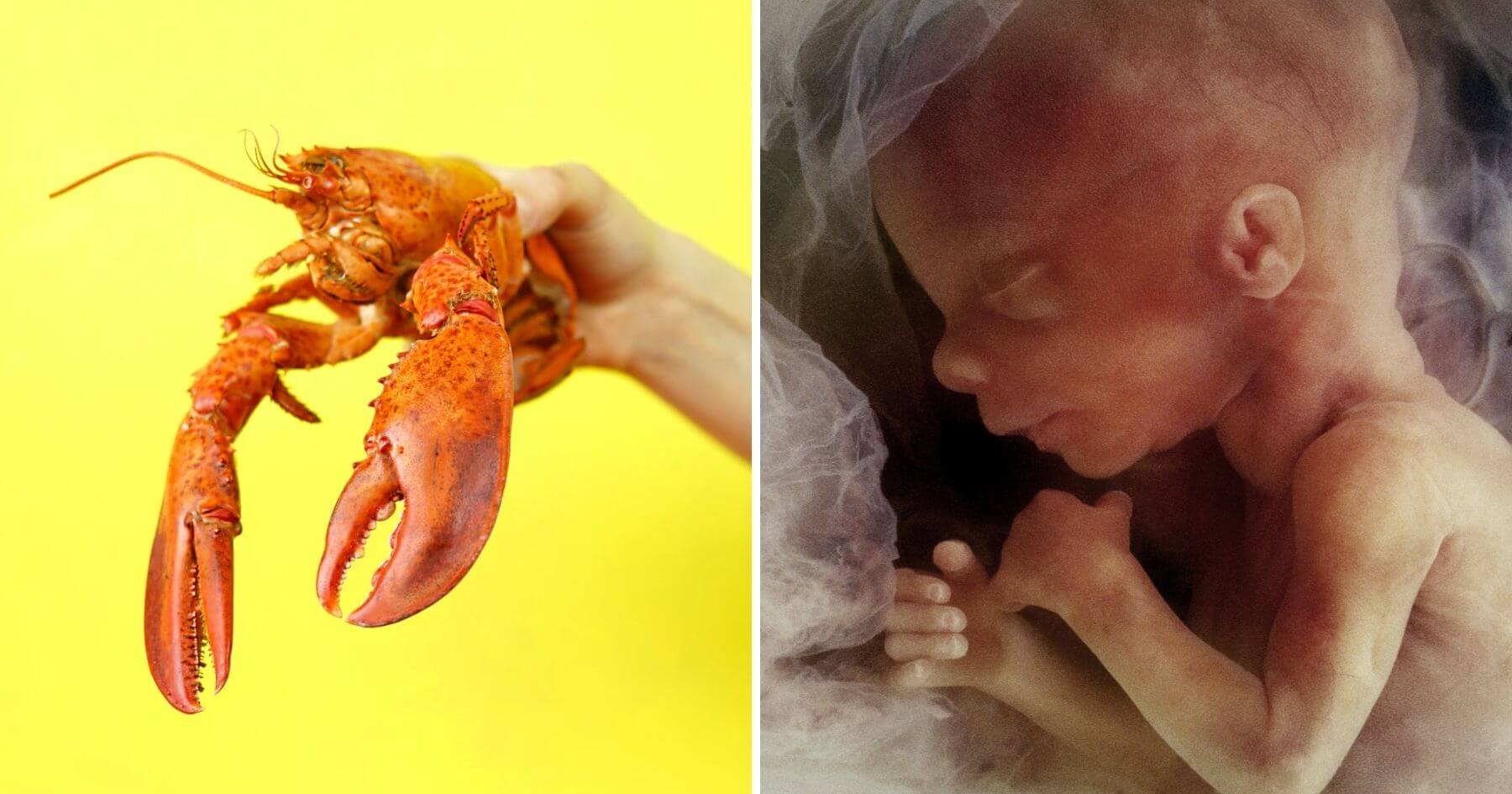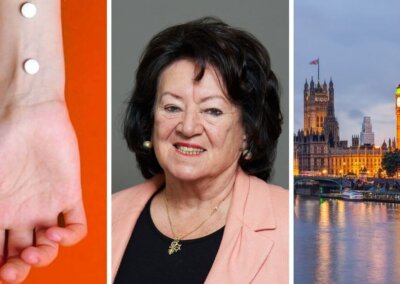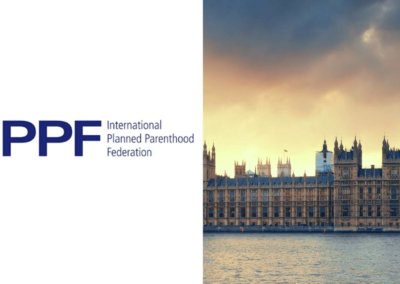Human rights campaigner and Member of the House of Lords, David Alton, has highlighted the double standards of the Animal Welfare (Sentience) Bill currently being considered by the House of Lords.
As explained in the piece, “If enacted, the [The Animal Welfare (Sentience)] bill would formally recognise animals as sentient beings, and create an Animal Sentience Committee to evaluate policy changes regarding animal welfare”.
Ahead of the further consideration of the Bill, the Department for Environment, Food and Rural Affairs has confirmed that the Government has commissioned an independent external review of the available scientific evidence on animal sentience – the capacity to be aware of feelings and sensations – in both crabs and lobsters.
Last year, the findings of a similar review into the sentience and pain of unborn children was not incorporated into any Government plans.
Lord Alton continued, “…although our society has been moving in the right direction when it comes to animal cruelty, it has failed to make this connection between what we do to other species and what we do to our own”.
Animal fetuses legally required to be killed in “humane” ways — human fetuses are not
He specifically highlights the double-standards in UK law, “the recent Animals (Scientific Procedures) Act stipulates that animal fetuses must be killed in “humane” ways, but no parallel legal provision exists for human fetuses”.
“If only all humans enjoyed similar defenses in English law. Alas, unborn children in the U.K. are left without such protections. When I inquired whether some of the bill’s safeguards might be extended to unborn homo sapiens, I was told that the bill had been cast in such a way as to prevent this”.
“Last year, I took part in an inquiry into fetal pain organised by eighteen parliamentarians from both Houses. We found that recent studies strongly suggest that unborn children may feel pain much earlier than previously thought. In an article published in the Journal of Medical Ethics, researchers say there is now “good evidence” that the brain and nervous system, which start developing at 12 weeks’ gestation, permit the unborn baby to feel pain. One of the researchers is a “pro-choice” British pain expert who used to think there was no chance that unborn babies could feel pain before 24 weeks. He too is now erring on the side of caution”.
No requirement to give pain relief to babies during an abortion
Nor is it required to give pain relief to babies during the abortion process.. As Lord Alton explains: “…babies undergoing abortion at 20 weeks’ gestation “via surgical dilatation and evacuation”—described by the Royal College of Obstetricians and Gynaecologists as “where the foetus is removed in fragments”—are not provided with pain relief. Neither are babies aborted after 22 weeks through “foeticide, where potassium chloride is injected into the heart to cause immediate cardiac arrest.” Human Rights Watch has highlighted that potassium chloride is “excruciatingly painful if administered […] without proper anaesthesia”.
“17 percent of British people do not believe that human beings are alive until birth”
He also explains how this double standard towards animals and humans could be the result of poor public understanding of unborn life, exacerbated by the pressure and censorship often faced by open discussions on these issues.
“Those who criticise such laws risk being de-platformed or pushed into political no-man’s-land. This silencing of debate has led from illogic to ignorance. A 2013 YouGov Poll found that a shocking 17 percent of British people do not believe that human beings are alive until birth. Perhaps, given the brutal reality of abortion, they do not wish to consider the implications of the opposite being true. And government policy seems to imply the same”.
“We celebrate when charity is offered to animals…but allow abortion up to birth for human beings with disabilities”
He also went on to discuss the hypocrisy of many people’s approaches to the rights of animals in comparison to unborn children.
“I have met people who claim to be great champions of animal rights, and yet are vehemently in favour of abortion—including some who are trying to amend the law to allow abortion in all circumstances right up to birth. We rightly celebrate when charity is offered to animals who suffer from a particular injury or disability, yet we allow abortion up to birth for human beings with any kind of disability, including cleft lip, cleft palate, or club foot—to say nothing of Down syndrome”.
Nor is this simply an issue that has been highlighted by pro-life groups and individuals, indeed as Lord Alton writes: “The U.N. Committee on the Rights of Persons with Disabilities [which does not take a stance on abortion] has consistently criticised Britain’s discriminatory permissions for disability-selective abortions and has suggested legislation must be amended. But don’t hold your breath and expect the U.K. to do this any time soon.”.
A spokesperson for Right To Life UK, Catherine Robinson, said: “As Lord Alton highlighted in this comprehensive piece, last year the UK’s All-Party Parliamentary Pro-Life Group (APPPG) commissioned and released a report on fetal sentience and pain summarising the extensive developments in medical science and academic research. All pointed to the same conclusion: it is likely that babies in the womb can feel pain, possibly from as early as 12 weeks’ gestation, with some evidence suggesting even earlier”.
“It is therefore scandalous, not only that we allow terminations to take place, but that they often occur without administering pain relief to the unborn child. Meanwhile, the Government thinks that it is appropriate to legislate for animals to receive this protection and not members of our own species”.












